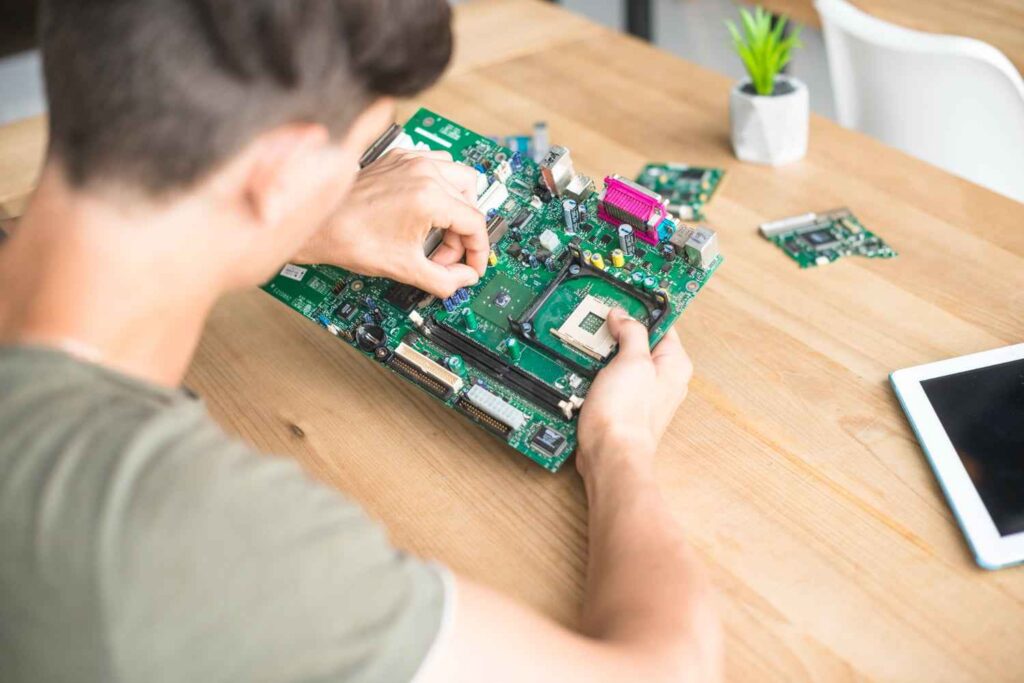What is Hardware and Networking?
Hardware and networking constitute the physical and communicative framework essential for computer systems to operate and connect within a networked setup. Hardware encompasses tangible devices like processors, memory units, storage drives, and networking gear such as routers and switches. Networking involves linking these components to enable data exchange between devices, locally or remotely.
In today’s digital age, hardware and networking are fundamental in supporting various technologies, from personal computers to complex enterprise networks and cloud infrastructure. By mastering hardware and networking concepts, professionals can construct resilient network architectures, bolster cybersecurity defenses, and maintain the efficiency of digital systems in an interconnected environment.
Proficiency in hardware and networking is vital for IT personnel, system administrators, and network engineers to design, deploy, and manage computer networks effectively. Hardware expertise includes understanding component specifications, compatibility, and troubleshooting to ensure optimal system performance. Networking skills involve knowledge of topologies, protocols, and security measures to enable seamless communication and data transmission.
In today’s digital age, hardware and networking are fundamental in supporting various technologies, from personal computers to complex enterprise networks and cloud infrastructure. By mastering hardware and networking concepts, professionals can construct resilient network architectures, bolster cybersecurity defenses, and maintain the efficiency of digital systems in an interconnected environment.
Hardware and Networking
Hardware and networking are the cornerstone of computer systems, providing both the physical infrastructure and the means for communication within a networked environment. Hardware encompasses tangible components such as processors, memory units, storage drives, as well as networking devices like routers and switches.

Networking Fundamentals
Networking Fundamentals cover essential concepts in computer networking, including protocols, topologies, and network devices. It encompasses understanding how data is transmitted and exchanged between devices, ensuring reliable communication and efficient network operations.

Hardware Fundmentals
Hardware Fundamentals entail understanding the foundational components of computer systems, including processors, memory, storage, and peripherals. Mastery of hardware basics involves knowledge of component functionality, compatibility, and troubleshooting techniques essential for optimal system performance and reliability.
